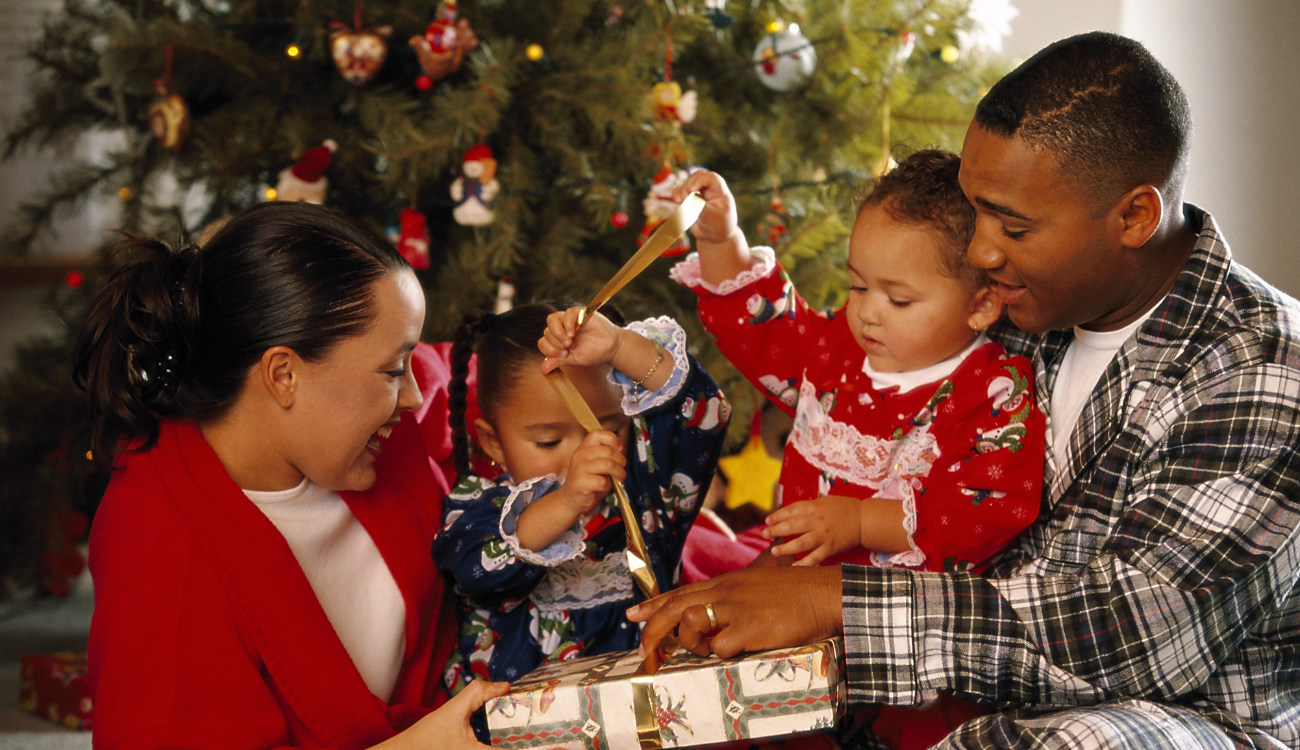In 60 seconds...
- Thanks to online dating, Gen Zers feel comfortable in being picky: now, they can partner up with someone who shares their sociopolitical views
- Sex does sell to Gen Z, but brands need to avoid outdated stereotypes and focus instead on inclusivity
- Gen Zers are heading to social media to learn about sex, consent, dating, and self pleasure
45%* of students from the UK and 48%* from the US will be celebrating Valentine’s Day in 2024; in other words, love is in the air for Gen Z.
But, dating trends come and go, and Valentine’s Day isn’t just for romantic love: nearly 30%* of students from the US planning to celebrate the day with their friends. And understanding these changes, from how Gen Zers are using dating apps to the use of sex is marketing, is crucial for marketers wanting to tap into this generation of consumers.
In this blog post, we’ll be shedding light on the evolving nature of Gen Z’s approach to dating apps and online relationships, as well as providing marketers with valuable insights to help them stay relevant in a rapidly changing market.
Spoilt for choice: Gen Z and dating apps
Finding love online was once a taboo topic. Now, it’s commonplace - in fact, 41% of Gen Z have signed up to a dating site.
While singletons were once scouring bars and speed dating to find ‘the one’, the online dating world has meant that young people are spoilt for choice. Thanks to the vast quantity of dating apps and the 24/7 convenience that this young generation is so used to, Gen Z is pickier than those generations before them. From one-night stands to lifetime partners, Hinge, Bumble, and Tinder are the go-to apps for young people looking for love.
Our research revealed that a huge 74% of Gen Z wouldn’t match with someone from a dating site who had opposing views to them on green issues, whilst 71% would say the same about politics. 44%* of students from the UK would like their peers/romantic partners to share the same views as them regarding LGBTQ+ rights.
Dating and the internet
And internet dating doesn’t only impact who these young people are dating, but how. Gone are the days of night-long boozers and drunken dinners; instead, we’re seeing Gen Z embrace sober curious and wellness-focused lifestyles, opting instead for something coffee dates, long walks and, brace yourself: running dates.
But social media’s role in Gen Z’s love story doesn’t end at a dating app - it impacts their education too. Sex education in schools is notoriously pretty terrible, but this generation refuses to accept this. Instead, they’re turning to TikTok to learn about topics such as sexual pleasure, masturbation, and consent.
These developing trends are by no means a bad thing - in fact, it’s encouraging young people to be more transparent when it comes to sex and dating. We’re seeing the rejection of sexuality/sex taboos, and instead are witnessing a generation growing up to be happy, confident and secure in themselves and their decisions.
Sex, Gen Z and marketing
Gen Zers have grown up with sex and dating splashed across their screens, both big and small. From getting tips and tricks on social media to watching tell-all reality TV, young people are drawn to shows and dramas that reflect their real-life experiences. But how does this apply to the world of marketing?
Do Gen Z feel represented in Valentine’s Day marketing?
When it comes to Valentine’s Day marketing, 18%* of students from the UK like it when a brand’s marketing is inclusive. Content creators, of course, play a big part in this - in fact, 15%* of students from the UK and 22%* from the US say they enjoy content from content creators around Valentine’s Day.
But, our research revealed that only 5%* of students from the UK and 7%* from the US feel represented in Valentine’s Day marketing.
How can brands make their marketing more inclusive?
- Use innovation to drive connection. Pronoun options, for example, are often neglected - whilst providing she/her, he/him, and they/them options are a great start, brands need to do their research to understand who their audience really is. How do they identify and how can you support them?
- Work with real people. Gen Zers are most engaged when they see themselves represented and can really connect with the content. The best way to do this is by working alongside young people throughout the process - after all, no one knows Gen Z better than Gen Z!
- Promote user-generated content. Gen Zers trust reviews and recommendations from their peers the most, so be sure to make the most of any UGC. This will help you not only promote your brand authentically, but will also foster a sense of community.
.png)
Does sex sell?
In short, yes. But brands have to get it right. Much like the shows they consume, Gen Z wants marketing to be inclusive. They want to be drawn in by experiences that reflect their own and want brands to raise awareness of issues that are important to them - both of which will ultimately drive their purchasing decisions.
However, as is the world of social media, brands are under scrutiny 24/7. One false move and you’re at risk of being canceled, so it’s important to learn, listen, and take the time to understand.
Want to learn more about the Gen Z dating scene? Join us at Pion’s Youth Marketing Strategy NYC event in March, where we’ll be joined by speakers from Grindr, Hinge, plus many more!
*Survey of Pion's Student Beans users, Dec 2023
Read next...
1,000+ brands trust Pion
Ready to see how Pion can supercharge your sales targets?






.png)

%20(16).png)
